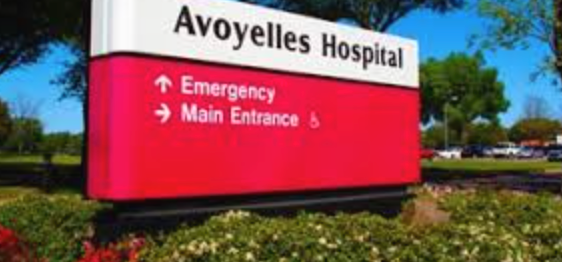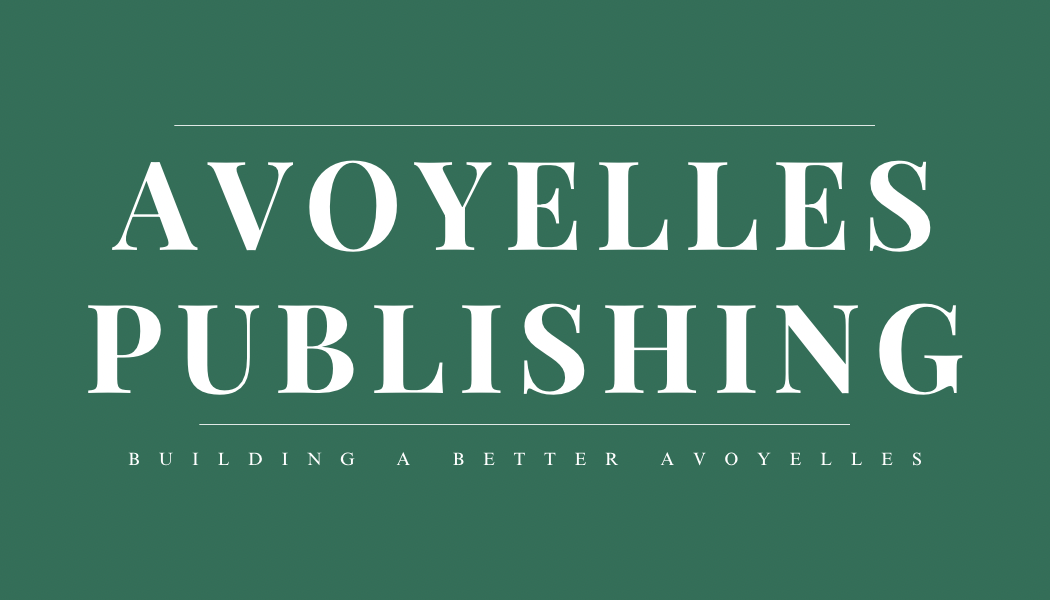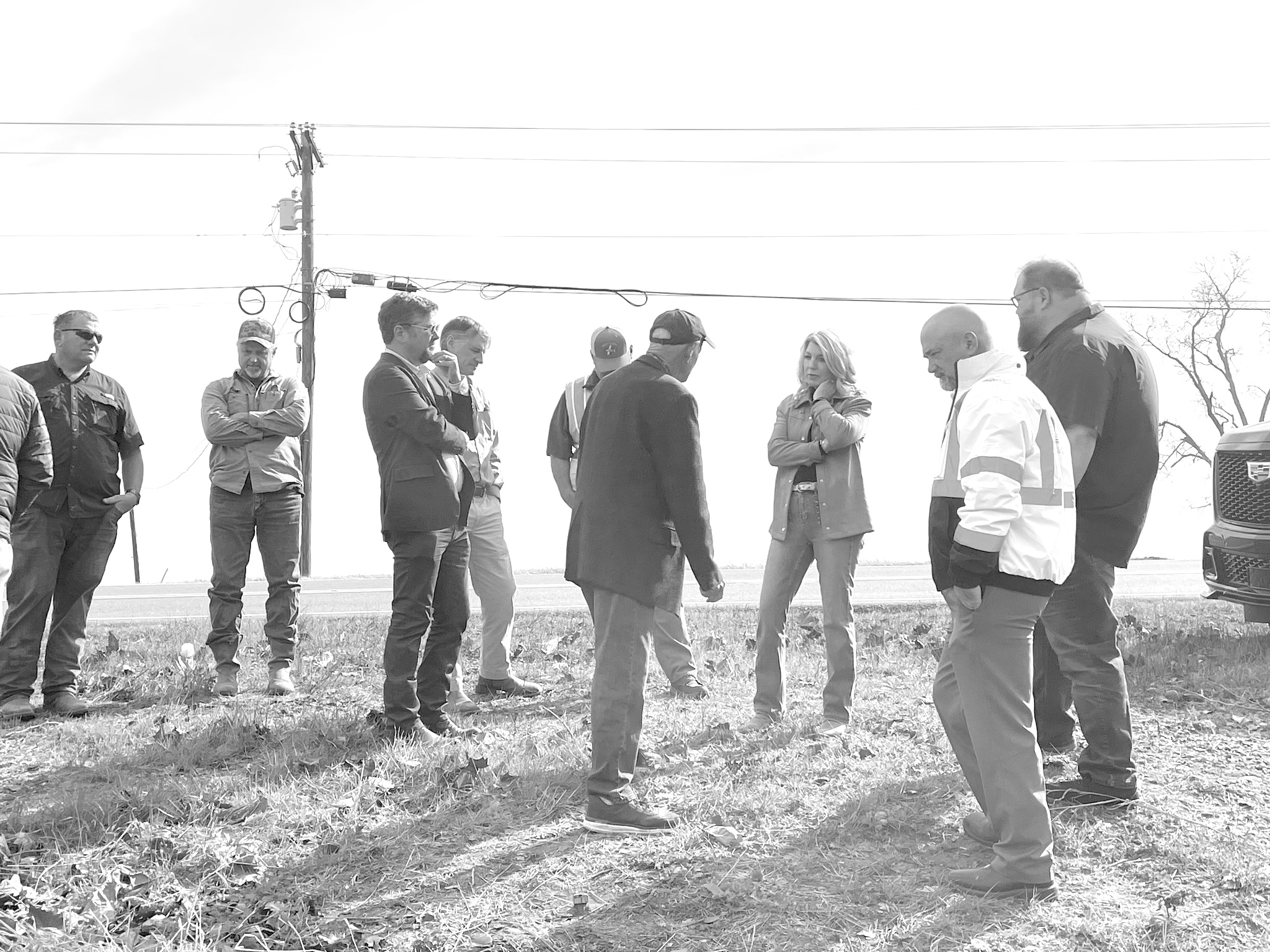Avoyelles Hospital’s Comeback: Exclusive with CEO Rock Bordelon on Past Struggles and a New Day

After years of financial struggles that nearly forced Avoyelles Hospital to close its doors, the rural community facility in Marksville is poised for a comeback.
In an exclusive interview with Avoyelles Publishing, Rock Bordelon, President and CEO of Allegiance Health Management — which manages Avoyelles Hospital — opened up about the hospital’s past challenges, from funding shortfalls to buying the hospital while in federal bankruptcy, and explained why he believes better days are ahead for healthcare in Avoyelles Parish.
Bordelon painted a picture of a hospital that was long underfunded and overlooked by state reimbursement programs, leaving it teetering on the edge of insolvency. He also addressed recent controversies over unpaid payroll taxes. While Avoyelles Hospital was mentioned in recent articles and discussions, the issue referenced was minor and promptly resolved.
Now, thanks to new state policies and community support, Bordelon says Avoyelles Hospital is on a solid path to recovery and even expansion. Local leaders and residents are cautiously optimistic that the hospital, founded in 1938, will not only survive but thrive as a critical healthcare hub for the parish’s 42,000 residents.
Shortfalls at Other Allegiance-Managed Hospitals Due to Underfunding
For years, certain Louisiana hospitals faced a severe funding gap due to exclusion from Louisiana’s Rural Hospital Preservation Act. This state program, created in the 1990s, guarantees full cost reimbursement for 49 designated Hospital Coalition facilities. As a result, the hospitals now in the Rural Look-a-Like class were reimbursed, on average, for only about 70 percent of their actual costs for treating Medicaid patients.
In simple terms, with every Medicaid patient they treated, the hospital was losing more than 30 cents on the dollar.
While Avoyelles Hospital has stabilized, several other Allegiance Health-managed facilities across Louisiana have experienced severe financial strain. Hospitals such as Northern Louisiana Medical Center in Ruston, Mercy Regional Medical Center in Ville Platte, and Acadian Medical Center in Eunice were historically excluded from the Rural Hospital Coalition and denied both base-rate increases and supplemental Medicaid reimbursements.
These hospitals received, on average, less than 70 percent of the cost of care for Medicaid patients — compared to full reimbursement guaranteed to protected rural hospitals — leading to an average loss of $5 to $7 million dollars each year as the funding formulas were structured to pay under 70 percent of their costs.
One internal analysis at Northern Louisiana Medical Center showed more than $100 million dollars in cumulative payments that never came — money that instead went to other hospitals in the state over the past decade.
“Having a discrepancy in reimbursement of tens of millions of dollars has taken a significant toll on our hospital and its ability to remain solvent without financial help,” Bordelon explained, pointing out that previous owners found the situation unsustainable.
He has put in over $30 million dollars of his own cash to keep the doors open. In fact, four other hospital operators even decided to exit Louisiana rather than continue operating with guaranteed losses each year.
“While other for-profit operators left the state, leaving hospitals in bankruptcy or insolvent, as a resident of Louisiana, it became my mission and passion to save these venerable hospitals from closure so they can continue to serve some of the state’s most vulnerable population,” Bordelon stated.
In another example, Acadian Medical Center lost over $4 million dollars in one year alone on Medicaid reimbursements, with more than $40 million dollars in unpaid costs over the past decade. Mercy Regional was underpaid by about $25 million dollars over the same timeframe. Without access to the funds given to their peers, these hospitals were forced to operate at a multi-million-dollar deficit year after year.
IRS Liens and the Push Toward Medicaid Reform
Bordelon acknowledged that to keep these facilities open and serving patients, certain hospitals deferred some payroll tax payments, intending the shortfall to be covered by over $100 million in credits and earned supplemental payments that are still not processed for these facilities, leading to the IRS liens.
The company is now working closely with the IRS to resolve the debts, but the financial pressure at these sites explains the urgency behind the broader Medicaid reform effort. Bordelon emphasized that these challenges elsewhere are precisely why the reassurance about Avoyelles Hospital’s stability matters to the local community.
A major frustration was that a legislative fix was on the table but slipped away. House Bill 717 (2022) would have adjusted the Medicaid payment model to help the Rural Look-a-Like hospitals, but it was vetoed by then-Governor John Bel Edwards.
“That was a missed opportunity to address these discrepancies in reimbursement,” Bordelon said.
Under such intense cash flow strain, Bordelon acknowledged that during the worst periods, the hospitals used funds meant for payroll taxes to cover more immediate operational needs — like paying employees and vendors to keep the doors open — with the goal of having the tax obligations caught up using credits or supplementing them later.
Fortunately, Avoyelles Hospital didn’t have to pursue this option and has actually been blessed with a $25 million addition that is possible because its funding isn’t the same as the Look-a-Likes causing financial woes.
Federal records show that the Internal Revenue Service filed liens to secure payment for several quarters’ worth of unpaid payroll taxes from Allegiance Health-managed facilities. Across the state, multiple rural hospitals in the Allegiance network fell behind on payroll tax remittances during the financial crunch.
Bordelon has been transparent about the issue and says his team is now cooperating fully with the IRS to resolve it. The company’s legal and accounting teams have been working with IRS officials for months to determine the exact amounts owed and establish a repayment plan.
“It has been a lengthy process,” Bordelon said, noting that even a brief federal government shutdown has slowed down negotiations. “The good news is that a resolution is in sight.”
He emphasized that throughout this process, patient care at Avoyelles or any Allegiance-managed hospital was never compromised. Many of the liens have already been paid, and others were incorrect, overstating the amounts due.
A New Day for Look-a-Like Hospitals
Governor Jeff Landry, who took office in 2024 and made rural healthcare a priority, directed his administration to act quickly. In September 2024, the state adopted emergency rules that effectively doubled Medicaid payment rates for seven hospitals in the state that are rural but not part of the Rural Preservation Act from 1998.
Inpatient acute care Medicaid base reimbursements went from $1,174 per patient per day to roughly $2,670 per day under the new rules. This new rate — while still slightly below what the oldest rural hospitals receive, around $3,034 per day — has been a lifeline.
“Without the increase, hospitals like ours would continue to lose millions of dollars per year taking care of Medicaid patients,” Bordelon said, explaining that the higher rate finally covers the actual cost of treating those patients.
He credited both state and federal officials for approving the reforms, finalized under the Biden administration.
With over 40 percent of the hospital’s business now reimbursed at a sustainable rate, these hospitals are emerging from survival mode into solvency.
“We finally have a solid strategic path to recovery,” Bordelon said, noting that the hospital can begin chipping away at debt accrued during the lean years.
$25 Million Expansion Ushers in a Brighter Future
Avoyelles Hospital announced a $25 million expansion and renovation project in 2022, marking the facility’s second major hospital upgrade by Allegiance in decades and representing the largest private investment in Avoyelles Parish this century.
The modernization includes:
- A new Intensive Care Unit
- A state-of-the-art surgical suite featuring a Cath lab
- A comprehensive Radiology expansion with advanced imaging technology
- Updated patient rooms and emergency department
This project has created numerous local jobs and enhanced access to advanced medical care across the region, ensuring Avoyelles residents receive quality healthcare close to home.
In addition, Allegiance Health has continued to invest heavily in the parish through the development of six health clinics, the acquisition of Freedom Behavioral, and the expansion of home health and hospice services — ensuring a full continuum of care within the parish.
Expanding Services and Recruiting Talent
Perhaps most importantly, Avoyelles can now better recruit and retain medical talent. In recent months, the hospital has added 34 new healthcare providers to its staff, filling critical service gaps and expanding access to both primary and specialty care.
With a stable financial base, the hospital is once again becoming an attractive place for doctors and nurses to practice — a stark contrast to just a few years ago when bankruptcy and uncertainty made recruitment nearly impossible.
“Now that funding for a large portion of our business is fixed, the future for these Look-a-Like hospitals is bright,” Bordelon wrote in a letter to the community. “The darkest days are over.”
The hospital that was in bankruptcy in 2016 is now on stable footing and has tripled in volumes, meaning more patients are receiving quality care close to home.
A Remarkable Turnaround
In the coming months, Avoyelles Hospital will continue its comeback journey — completing expansion projects and integrating into statewide healthcare programs.
It’s a remarkable turnaround for a rural hospital that not long ago was struggling for life.
For the people of Avoyelles Parish, the reassurance is tangible:
Their community hospital is here to stay — and its best days still lie ahead.




Comments ()